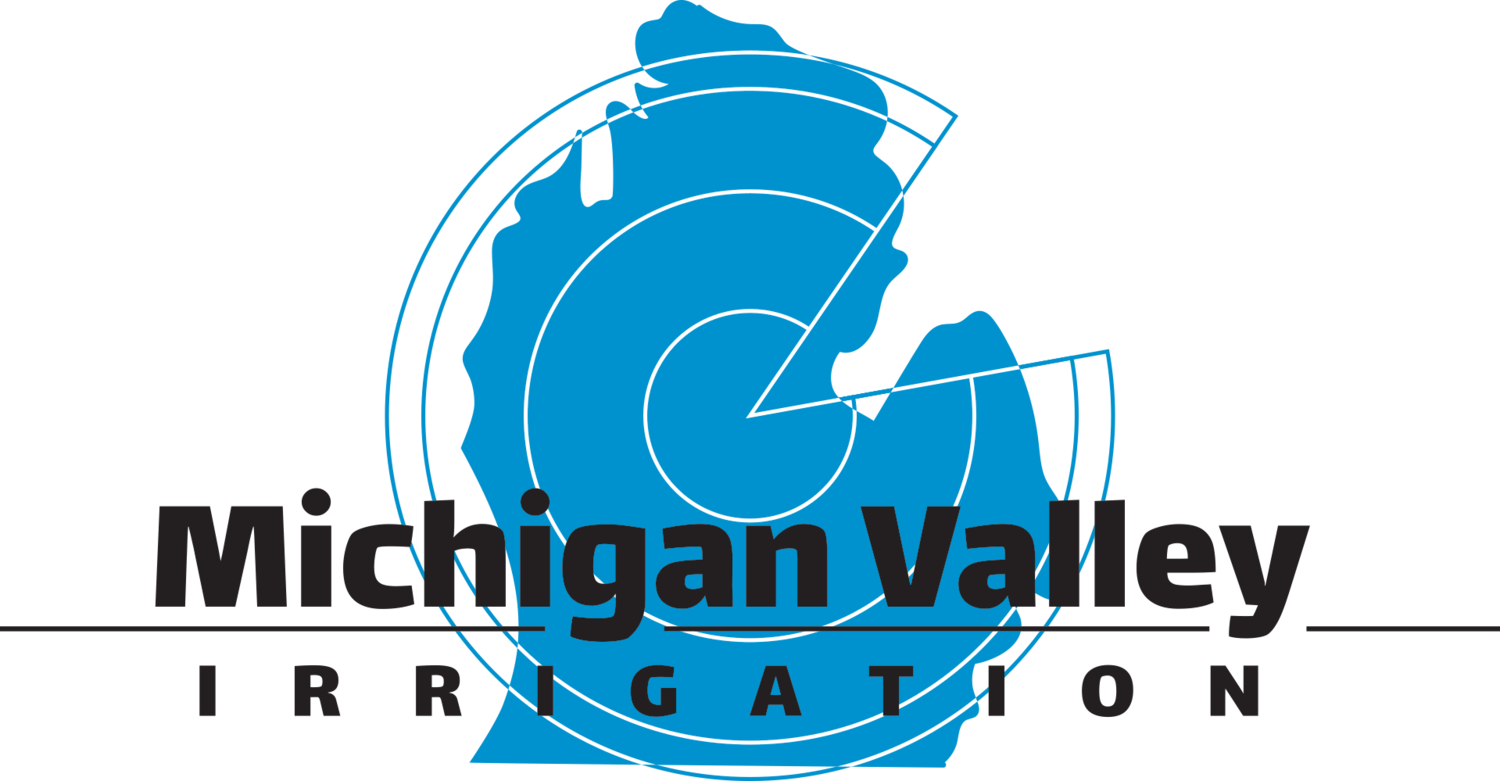Farming More Acres vs Farming Acres Smarter
Capitalism can be a great thing. We find a market for something we can produce, then we get more efficient at production. Once we get good at producing, we produce more units to spread out our overhead and improve our profitability.
Most agricultural production is limited by the fact we are producing “commodities”. This means we have limited control over the price we receive for our products. It is easy to get caught up in the producing more units' game. If I can just produce another 10,000 bushels, I can make my combine payment. Does this always mean we need more acres? Have we figured the cost to produce those next 10,000 bushels?
I see many operations extending the distance they travel to add more acres.
Have you truly optimized your existing acres close to the base of operations?
Fully developed proximal acres with tile, irrigation, tree removal / trimming
Maximized production with crop protection, fertilization and variety selection
Considered new crops better suited to the characteristics of the soils
Have you included all the travel costs and extra trips to produce more bushels several miles away?
Is it a large piece of highly productive land at a reasonable cost?
I have done some math and worked with numerous farmers on financing over the last 30 years. Without any cost increases for time and travel to distant parcels, investing in irrigation on owned land, has shown a significant improvement over buying more land and growing dryland corn. With today's financing rates, those numbers will look even better. If you can grow a specialty crop or have a niche market, the numbers could look substantially more favorable. If you are an outstanding manager and can farm more acres smarter, then I tip my hat and say congratulations! Yes or no??
Take time and do your paperwork. Run the numbers and do not forget your time has value. Irrigation is not the only option here, but it does have some unique characteristics.
It lasts an exceptionally long time.
All crops need water.
Virtually every season there is a water short fall during a critical period of crop demand.
It is almost guaranteed that approximately 50% of all Michigan farms will experience dramatic yield losses due to lack of rain within the next two years…. Are you ready??
ABOUT THE AUTHOR
Pete is the marketing manager for Michigan Valley Irrigation, having joined the company in 2016. He was raised on a dairy farm in western New York and graduated from Cornell University with a B.S. in agricultural economics. His entire working career of over 37 years has been involved in agriculture. A farmer helping farmers. When away from Michigan Valley he operates, Joyful Noise Farm, a small livestock and produce farm and spends time with his family.




